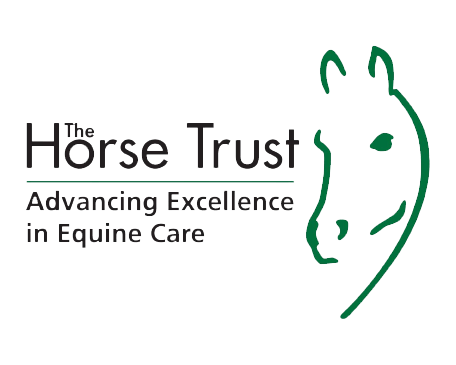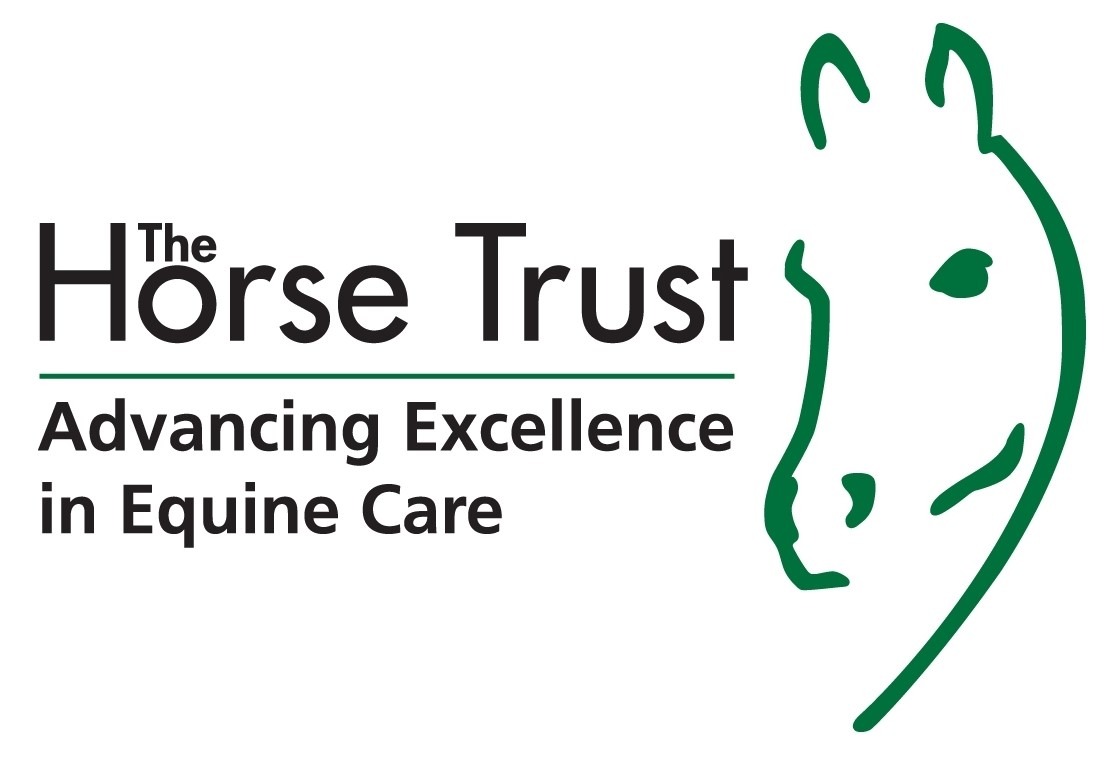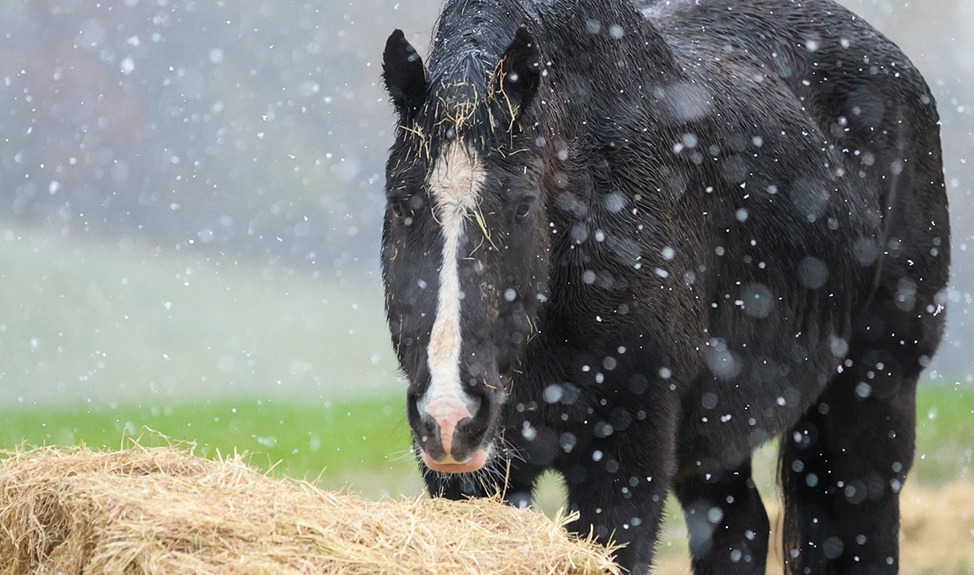At The Horse Trust, we’re committed to protecting not just the horses in our care…

Researcher Discovers Link Between Protein in Equine Fat Tissue and Mortality From Colic
During her research, Packer also looked at the relationship between various cytokines and the BMI³ of horses. She expected to find a higher genetic expression of MCP-1 in the fat tissue of obese horses as they would be expected to have a lower survival rate from colic surgery.
However, she found the opposite – that the expression of the MCP-1 genes was lower in obese horses. Packer hypothesises that this could be because obese horses already have the maximum level of MCP-1 in their blood, so are no longer producing the cytokine within their fat cells.
Packer now hopes to look at MCP-1 levels in blood to confirm this theory. She has already collected and frozen blood samples from each of the 300 horses involved in the study, so hopes to analyse these samples in the near future.
Packer is currently applying for funding for a PhD to continue research into this area. “Obesity is a major health issue for horses, so it is vital that we better understand the impact obesity has on colic surgery survival rates,” said Packer.
Miss Melissa Packer BVet Med CertES(Soft Tissue) MRCVS is a Senior Clinician in Equine Gastroenterology at the University of Liverpool’s Philip Leverhulme Equine Hospital.
¹ Cytokines are proteins released by cells that have a variety of functions, including immune functions such as triggering inflammation and responding to infection. Fat tissue has been shown to contain a raised level of cytokines.
² Packer followed each of the 300 horses over a two year period. Each horse’s owner was contacted every three months for the first year to check up on the horse’s progress, and then every six months in the second year.
³ The BMI index of each horse was calculated by using data on their age, species, breed, height and weight.
1 2















Comments (0)